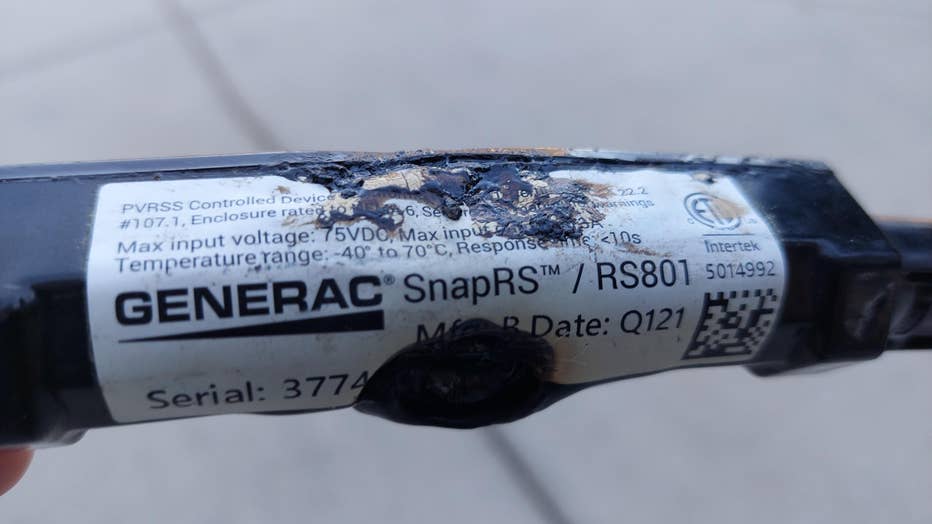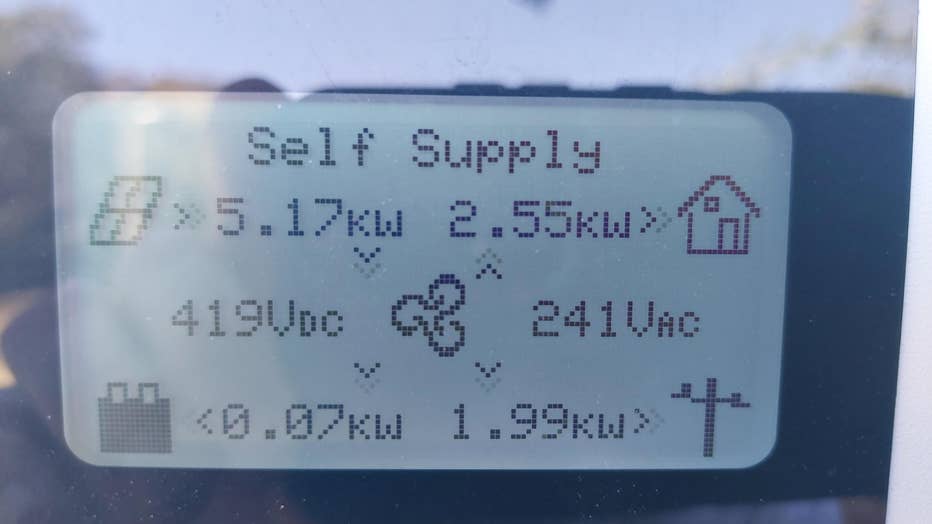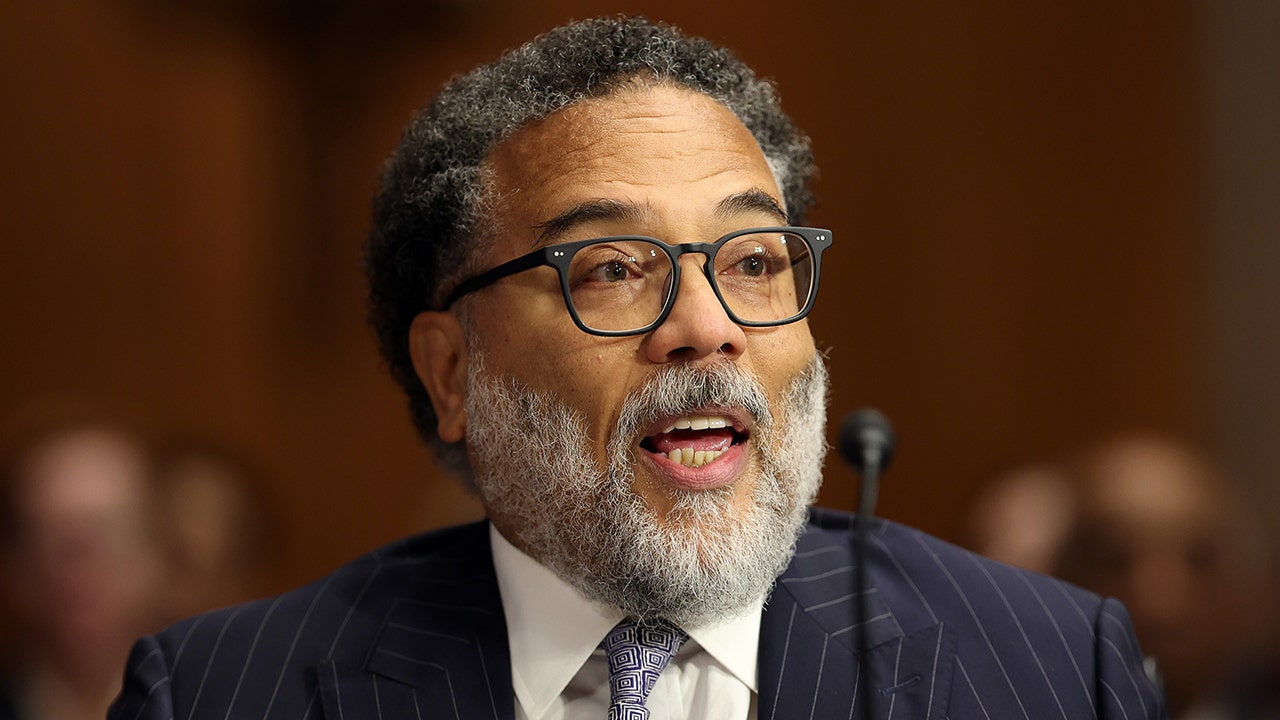Scams of various types often increase around the holidays and during the first of the year as post-holiday bills begin to arrive and as tax season approaches. Georgia Power, the state’s largest electric utility, encourages customers to beware of scams in 2025, especially those threatening power disconnection “unless immediate payment is made” and attempts to have customers “update their billing information” in an effort to steal personal information.
In addition, various “tech-scams” continue to evolve and include:
- Tech Scam – Georgia Power Payment Through Unauthorized Apps: The company continues to hear of scammers requesting funds from customers via mobile and online means like Cash App, asking customers to pay an account that “looks like” Georgia Power, including illegal use of the company’s logo. Georgia Power does not accept payments via Cash App. Valid Georgia Power payment options include Venmo, Apple Pay, Amazon Pay, Google Pay, and PayPal – learn more here.
- Tech Scam – Fake Digital Ads: Georgia Power is receiving reports of digital ads on Google and other platforms that direct customers to non-company websites to pay their bills, which then request personal or financial information. Customers should always ensure that the webpage is the official Georgia Power website, with correct spelling: www.GeorgiaPower.com. Don’t be fooled by ads that lead to fake websites.
Georgia Power works every day to combat new and existing scams and continues to partner with law enforcement and other agencies in supporting their efforts to identify and prosecute criminals who pose as Georgia Power employees to defraud customers. Customers are encouraged to report scams at www.GeorgiaPower.com/ReportAScam.
The company reminds customers of the following additional tips and guidelines to avoid becoming the victim of a scammer:
Georgia Power:
- Does not call to ask a customer to provide a credit card or pre-paid debit card number over the phone.
- Does not accept cryptocurrency as a payment option. Scammers often demand Bitcoin or other cryptocurrencies, or demand use of money transfer apps for immediate payments.
- Does not call customers to set up automatic payments, to “update” credit cards or other sensitive account information or to ask customers to “pay for a new meter.”
- The company also does not send employees into the field to collect payment in person or to pay anywhere other than an Authorized Payment Location (APL).
Tips to #StopScams:
- If a customer receives a suspicious call from someone claiming to be from Georgia Power and demanding immediate payment to avoid disconnection, the customer should hang up and log-on to their account at www.GeorgiaPower.com to confirm the status of their account.
- As scammers have tried to promote the use of fraudulent 800 numbers, customers should direct-dial the company’s customer service line using the number on their bill (888-660-5890), which can be verified at www.GeorgiaPower.com/ContactUs. Do not trust “Caller ID” identifications.
- Delete all emails that demand immediate payment or personal information or that are from a company that is not Georgia Power.
- If an account becomes past due, Georgia Power will contact the customer via a pre-recorded message to the primary account telephone number or by letter requesting that the customer call the number on their bill to discuss the account. Georgia Power’s pre-recorded message will not ask customers to remain on the line or press a number to speak to a representative immediately.
- In the rare event that an employee needs to visit a customer’s home or business for a service-related issue, they will be in uniform and present a badge with a photo, their name and the company’s name and logo. They will also be in a vehicle marked with the company’ logo.
To learn more about how you can defend yourself against scammers and avoid falling victim to common mistakes, visit www.GeorgiaPower.com/Scams.

















/cdn.vox-cdn.com/uploads/chorus_asset/file/25821992/videoframe_720397.png)

















